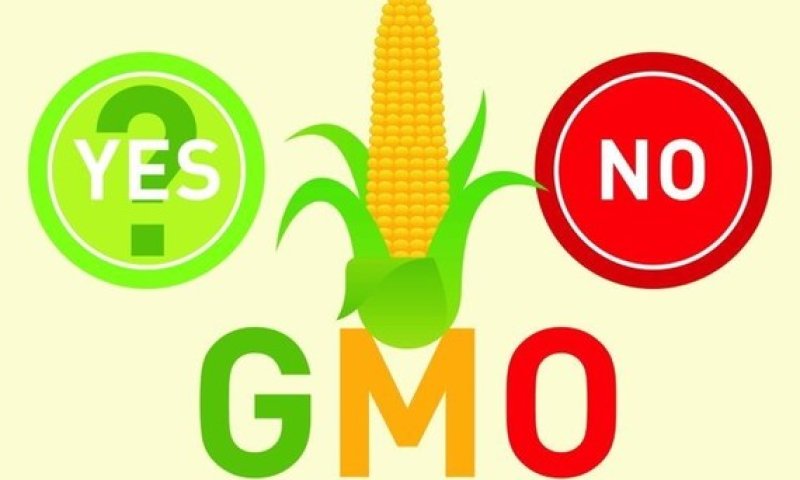Genetically modified (GM) foods are often met with harsh public opposition, though little research has attempted to understand why this is. The research that does exist has focused on identifying the role of immutable beliefs, such as morality and politics, which are difficult to change. Therefore, research may benefit from identifying mutable predictors of science rejection—predictors which can be modified through interventions—so efforts can be made to increase public support for scientific advancements.
Here we present four studies in which we investigate a lack of domain-specific science literacy—literacy of GM technology—as a strong and unique predictor of GM food skepticism. Results from Studies 1 and 2 demonstrated that knowledge of GM technology is a unique predictor of GM food attitudes above general science knowledge and demographic controls. Study 3….demonstrates that the unique predictive value of GM-specific knowledge replicates in the US, the UK, and the Netherlands.
In Study 4, we sought to overcome this lack of knowledge by teaching people the basic science behind GM technology using a five-week, longitudinal experimental design. Results showed that learning about the science behind GM technology leads to more positive explicit attitudes towards GM foods, greater willingness to eat GM products, and lowered perceptions of GM foods as risky….
…
This work provides a relatively simple “mold” for potential campaigns and interventions aimed at increasing GM food acceptance. Our results show that providing members of the public with weekly modules of factual and value-free knowledge results in increased acceptance of GM foods. The survey modules were simple and used freely available videos and infographics. The information presented was value-neutral and avoided ‘ideological’ claims that GM food were safe or good; participants were encouraged to think about the information presented, and make their own decisions about GM foods.
…
Rather than [combating] claims made by science skeptics and inundating the public with statements about the safety or benefits of their products, perhaps time and money is better invested in basic but targeted education to address the general underlying misconceptions about science.
Read full, original article: Modifying attitudes about modified foods: increased knowledge leads to more positive attitudes































